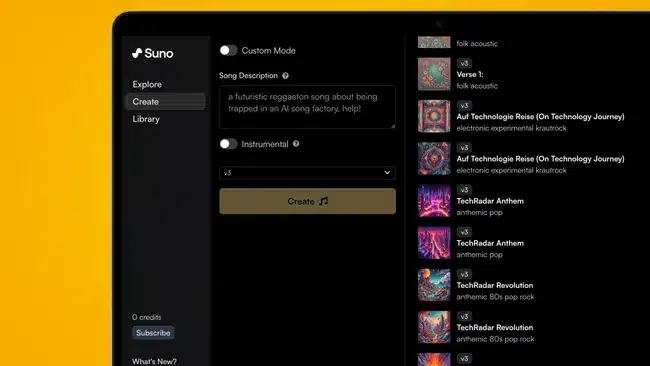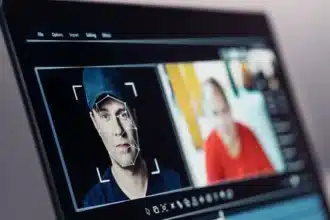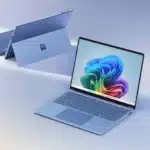The intersection of artificial intelligence and the music industry is rapidly evolving, leading to groundbreaking innovations and new challenges. As AI-generated music becomes more sophisticated, the recording industry is grappling with its implications, setting the stage for a significant legal showdown. This clash could have far-reaching consequences for musicians, AI developers, and music enthusiasts alike.
The Rise of AI-Generated Music
Artificial intelligence has made remarkable strides in music creation, with AI models now capable of composing, arranging, and producing music that rivals human creativity. Tools like OpenAI’s MuseNet and Google’s Magenta have demonstrated AI’s ability to generate complex musical pieces across various genres. These advancements have opened up new possibilities for artists, allowing them to experiment with AI as a collaborative partner or even as a standalone creator.
Legal Concerns and Copyright Issues
However, the rise of AI-generated music has sparked significant legal concerns, particularly regarding copyright and intellectual property rights. Traditional copyright laws were designed to protect human creators, raising questions about how these laws apply to AI-generated works. Who owns the rights to a piece of music created by an AI? Is it the developer of the AI, the user who initiated the creation, or does it fall into the public domain?
The Recording Industry’s Stance
The recording industry, represented by major record labels and artists, is taking a cautious approach to AI-generated music. The primary concern is that AI-generated tracks could flood the market, potentially devaluing human-created music and leading to revenue losses. Additionally, there is the issue of AI models potentially infringing on existing copyrights by inadvertently replicating melodies, harmonies, or rhythms from existing songs.
High-Profile Legal Battles
Several high-profile legal battles are already emerging as test cases for the future of AI in music. One notable case involves an AI-generated song that closely mimicked the style of a popular artist, leading to a lawsuit from the artist’s record label. This case could set a precedent for how AI-generated music is treated under copyright law, influencing future legal disputes and industry practices.
Ethical and Creative Considerations
Beyond legal concerns, the ethical implications of AI-generated music are also under scrutiny. Critics argue that relying on AI for music creation could undermine the artistic value of music, reducing it to a mere product of algorithms rather than human emotion and expression. On the other hand, proponents believe that AI can enhance creativity by providing new tools and perspectives for artists to explore.
The Future of AI in Music
The outcome of these legal battles will significantly impact the future of AI-generated music. If the courts favor the recording industry, stricter regulations and limitations on AI music could follow, potentially stifling innovation. Conversely, if AI-generated music is given more legal leeway, it could lead to a surge in AI-driven creativity, reshaping the music industry in unprecedented ways.
Navigating the Legal Landscape
For AI developers and musicians, navigating the evolving legal landscape will be crucial. Ensuring compliance with copyright laws, seeking proper licensing, and establishing clear ownership of AI-generated works will be essential steps to mitigate legal risks. Collaboration between the tech and music industries will also be vital in developing frameworks that balance innovation with protection for human creators.
Conclusion
The clash between AI music makers and the recording industry marks a pivotal moment in the evolution of music creation. As legal battles unfold, they will shape the future of how AI-generated music is perceived, protected, and utilized. Whether as a tool for artistic enhancement or a disruptive force, AI’s role in music will continue to evolve, challenging traditional notions of creativity and ownership.
















